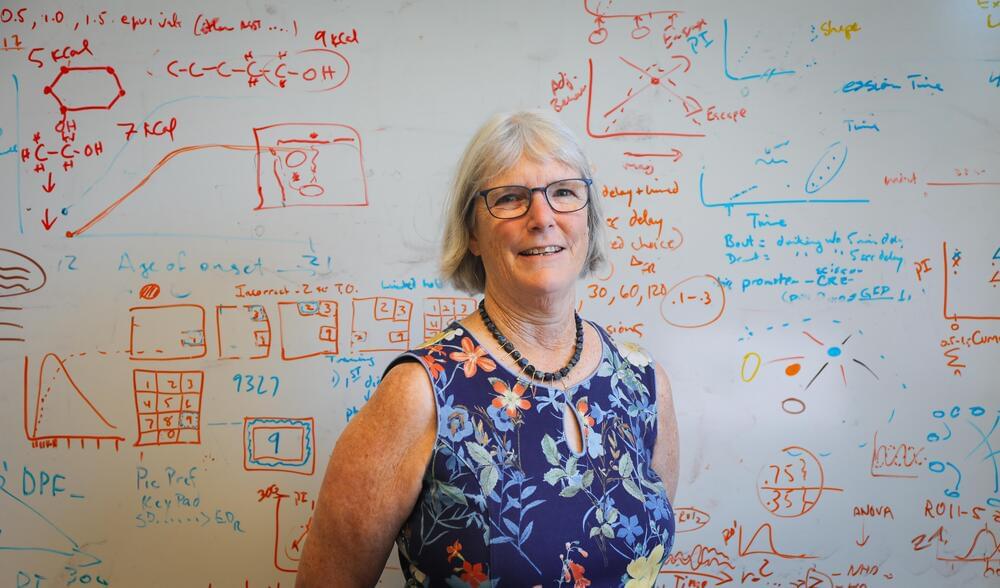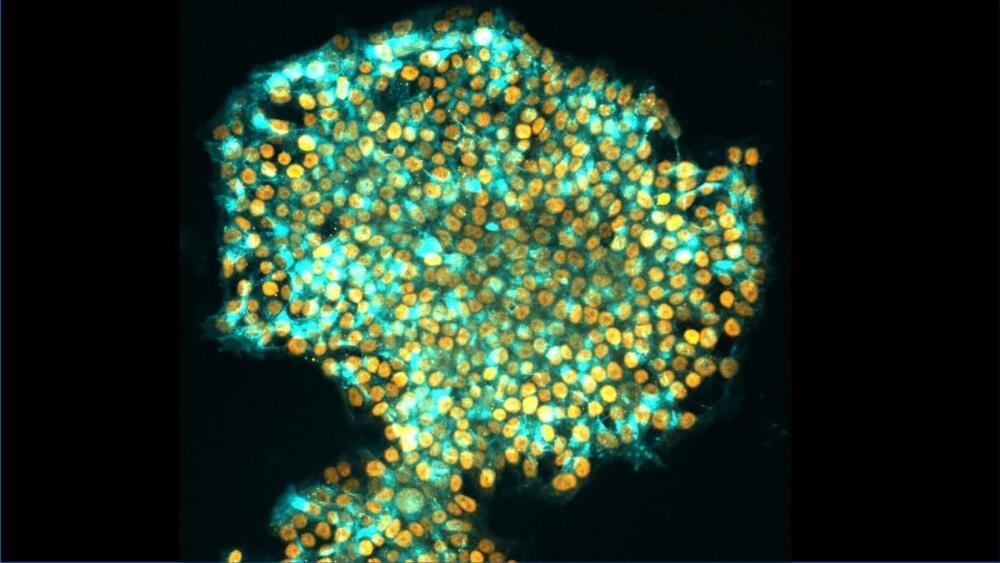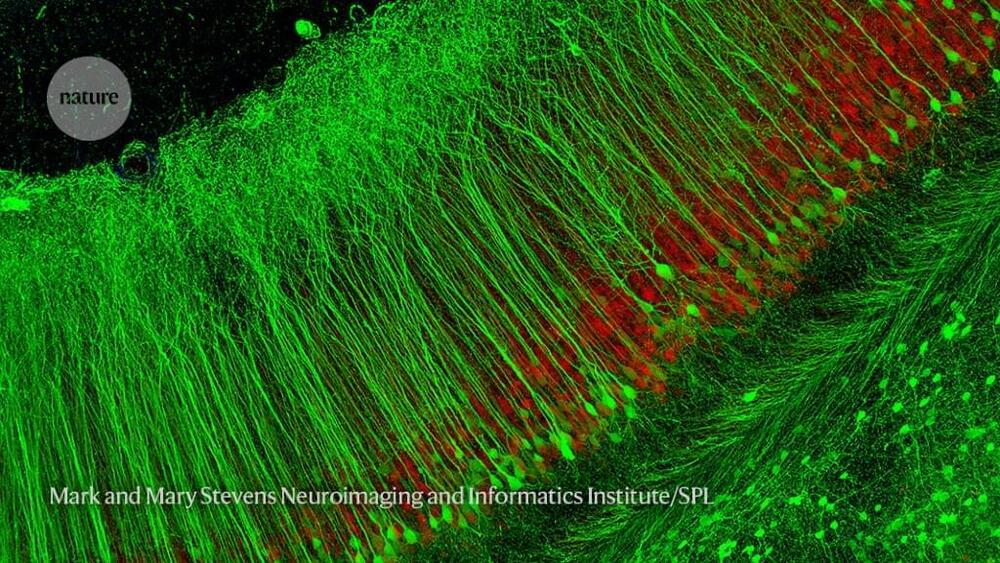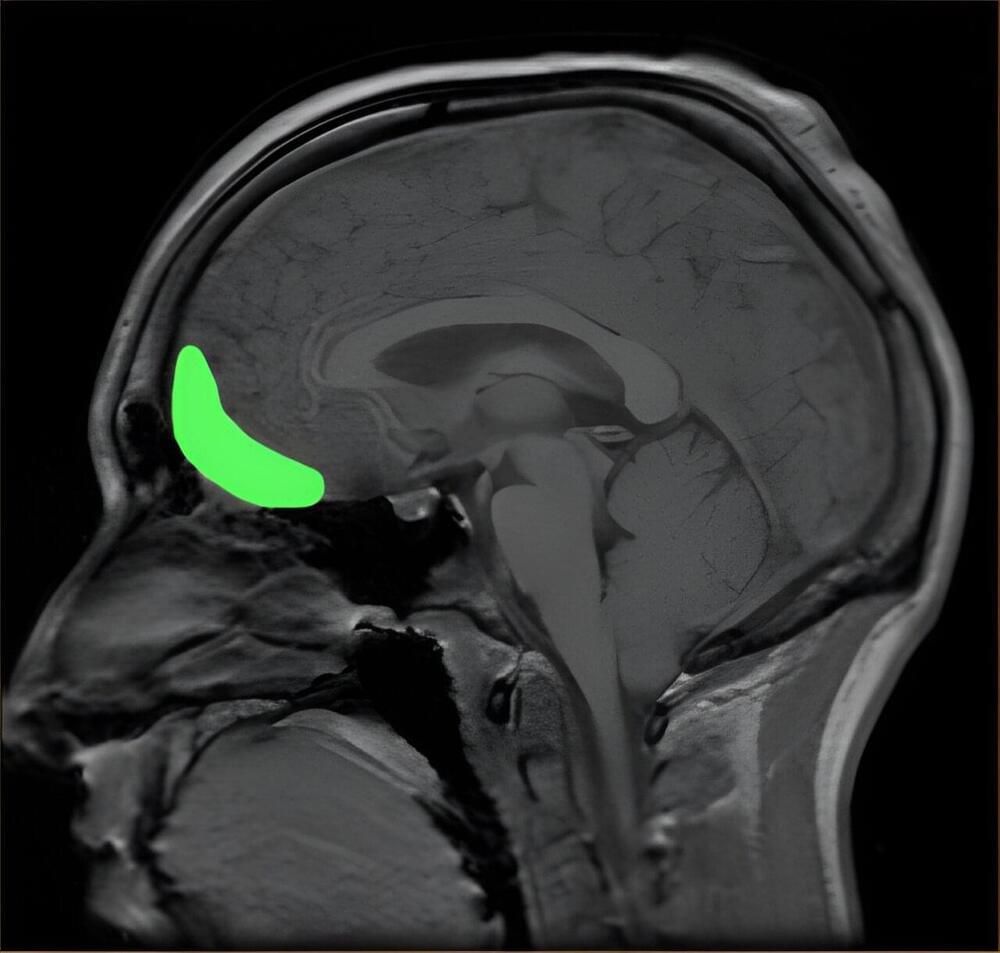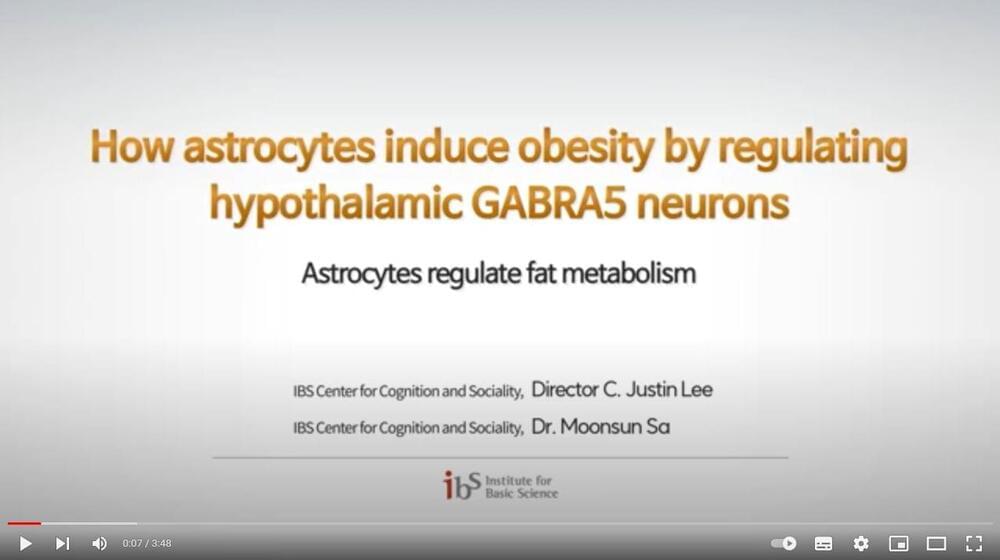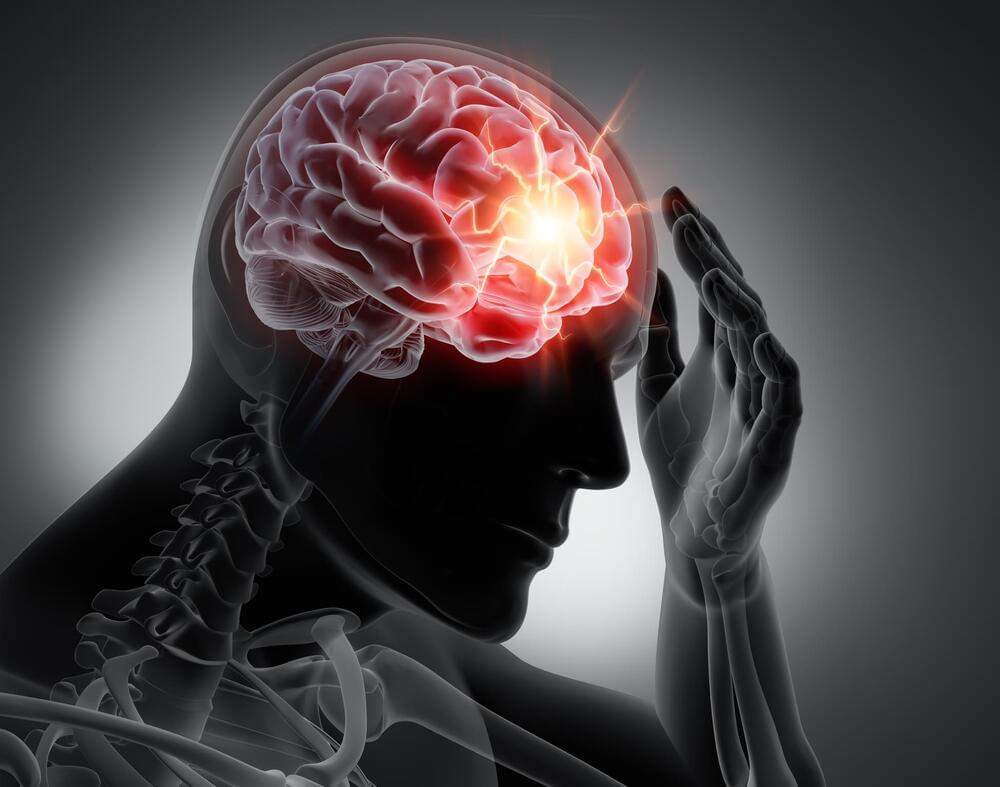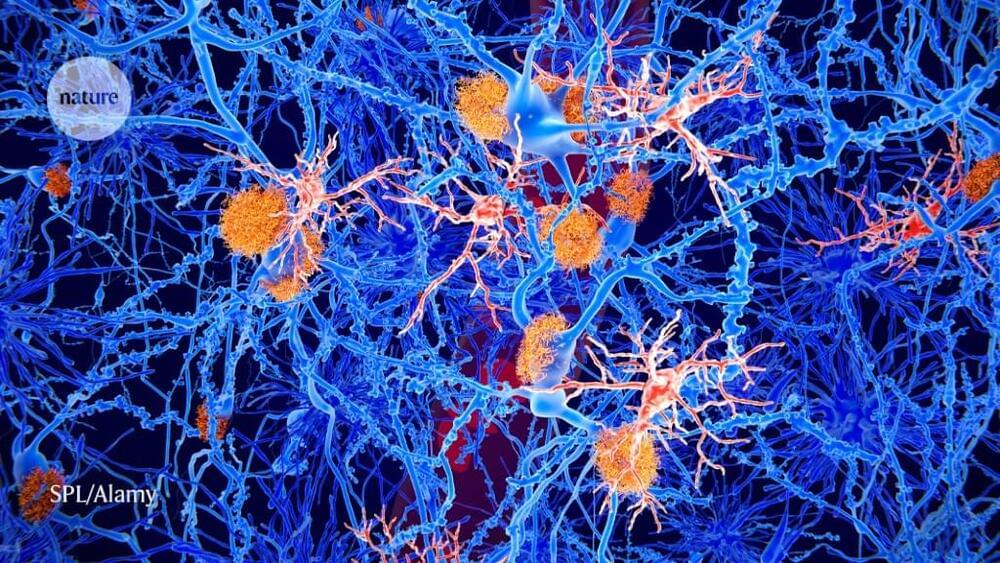Sep 29, 2023
Study shows promise of gene therapy for alcohol use disorder
Posted by The Neuro-Network in categories: biotech/medical, health, neuroscience
A form of gene therapy currently used to treat Parkinson’s disease may dramatically reduce alcohol use among chronic heavy drinkers, researchers at Oregon Health & Science University and institutions across the country have found.
The study in nonhuman primates showed that implanting a specific type of molecule that induces cell growth effectively resets the brain’s dopamine reward pathway in animals predisposed to heavy drinking. The gene therapy procedure involves brain surgery, and may be useful in the most severe cases of alcohol use disorder.
Already used in clinical trials to treat Parkinson’s disease, OHSU researchers found surgical treatment dramatically reduced chronic heavy drinking.
Continue reading “Study shows promise of gene therapy for alcohol use disorder” »
